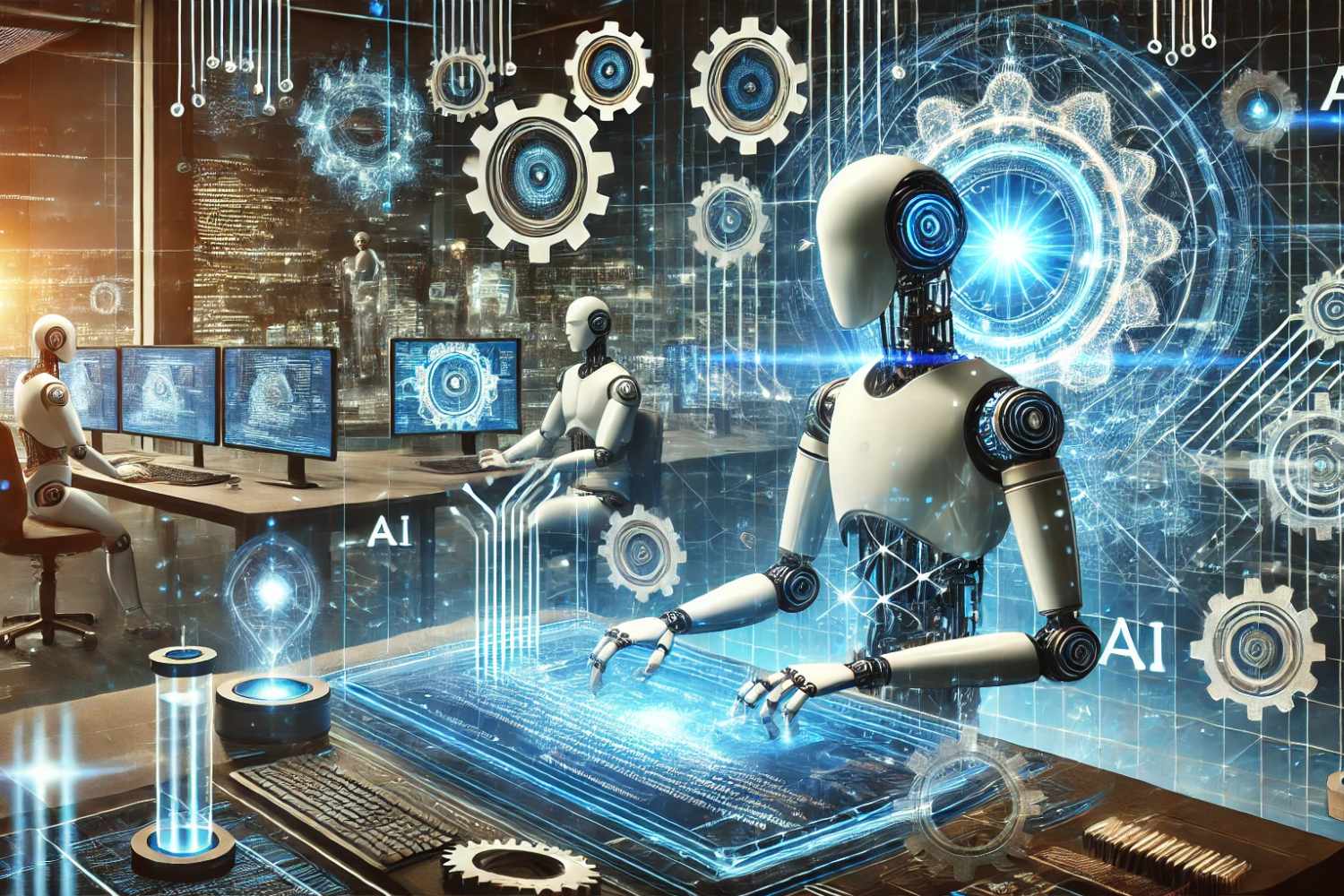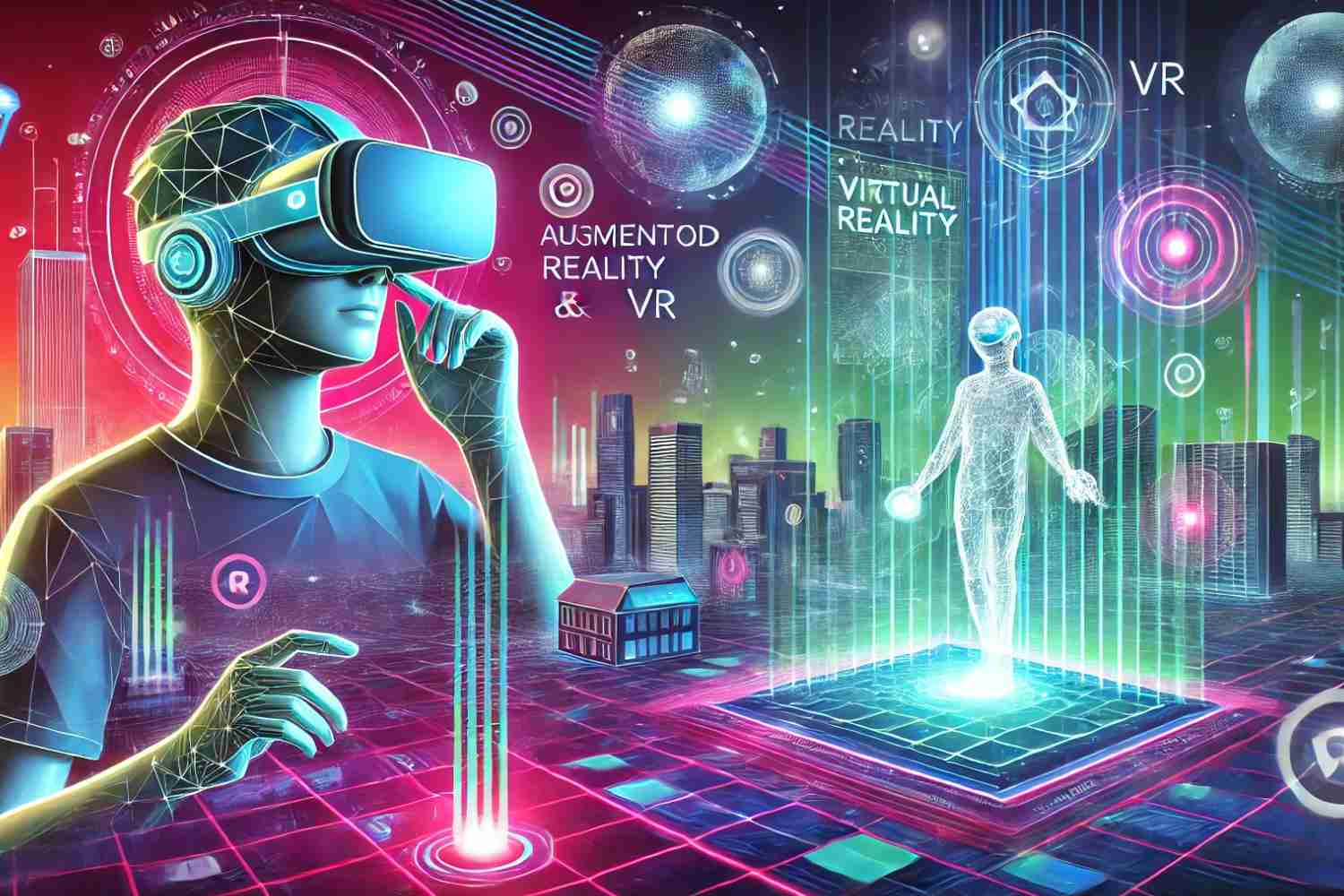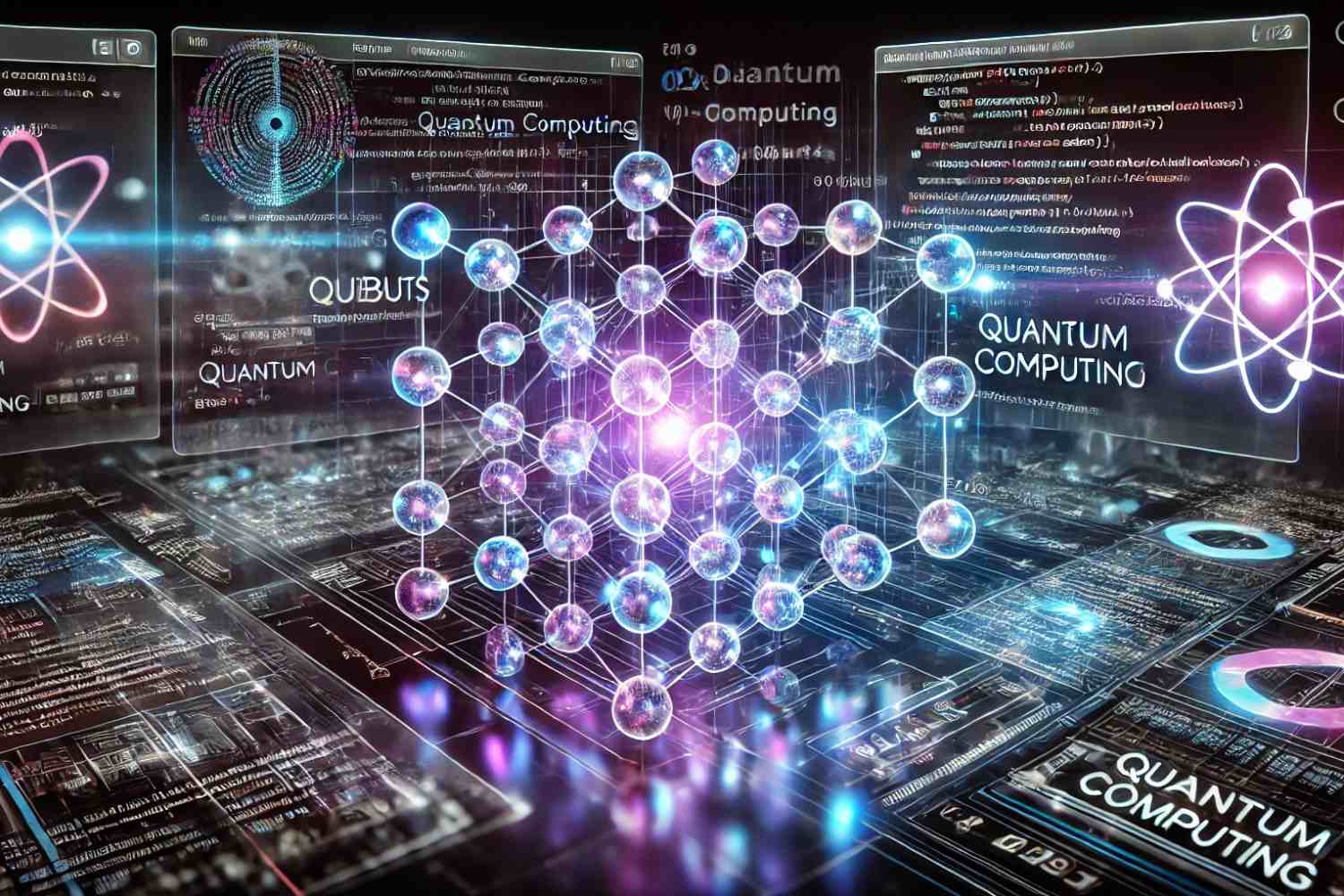In the ever-evolving world of software engineering, the integration of Artificial Intelligence (AI) into development tools is a game changer. AI-powered tools are transforming how developers build, test, deploy, and maintain software applications, making processes faster, more efficient, and more intelligent. With the rise of AI, software engineering is poised to experience a revolution that will change the landscape of development and unlock new possibilities for innovation and productivity.
In this blog, we explore how AI-powered development tools are shaping the future of software engineering, the practical applications of these tools, and real-world examples of their use in the industry.
What are AI-Powered Development Tools?
AI-powered development tools leverage machine learning, natural language processing, and other AI technologies to enhance the development process. These tools automate mundane tasks, optimize code, offer intelligent suggestions, and help developers troubleshoot issues faster and more effectively. By analyzing vast amounts of data, AI-powered tools can anticipate issues, recommend best practices, and even write code, improving the efficiency and accuracy of the development process.
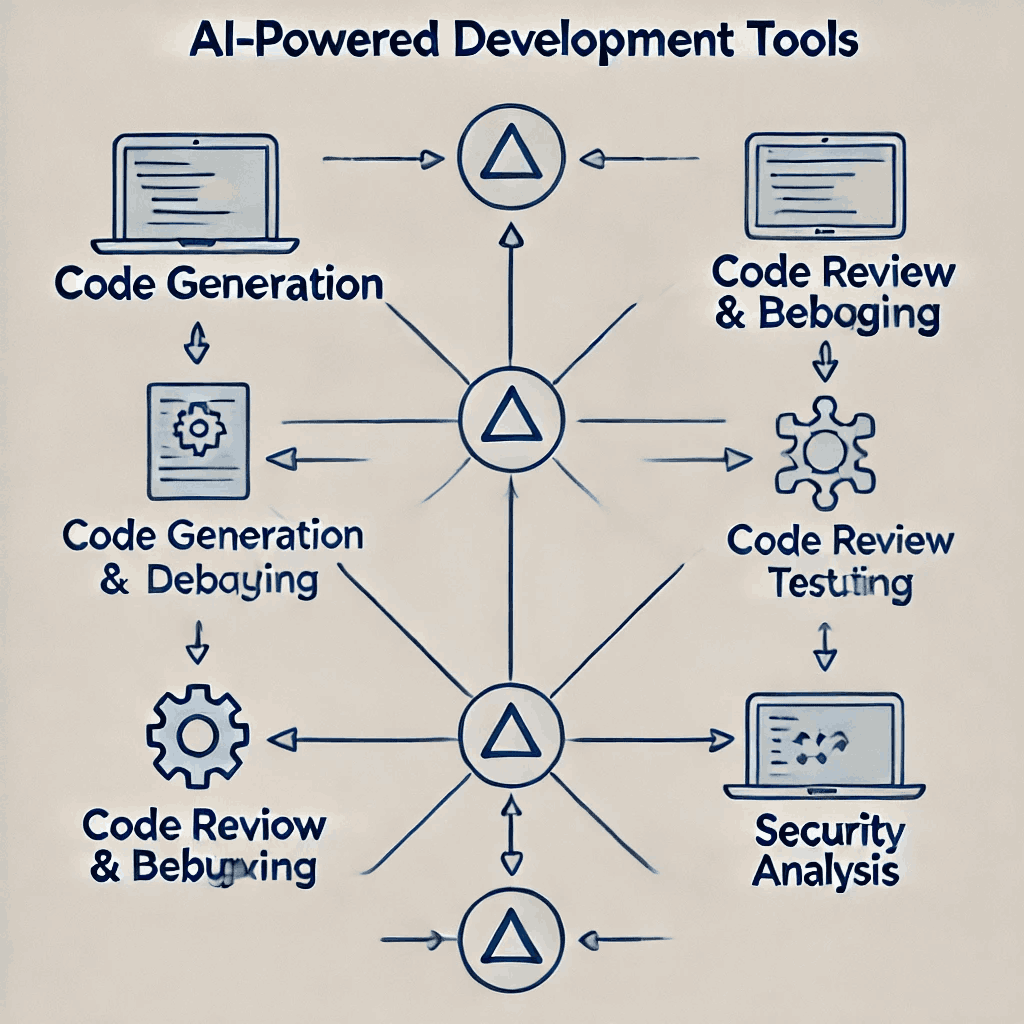
Key Benefits of AI in Software Development
AI-powered development tools offer a wide range of benefits for software engineers, helping them to increase their productivity and improve the quality of their code. Below are some of the key advantages of using AI in software engineering:
1. Code Automation and Generation
AI-powered tools can automatically generate code based on simple input from developers, allowing for rapid prototyping and faster development. These tools can suggest code snippets, complete repetitive tasks, and even write entire functions, significantly reducing the time spent on manual coding.
Example:
GitHub Copilot, powered by OpenAI’s Codex, is an AI-powered code completion tool that helps developers write code faster by suggesting code snippets and entire functions based on the context of what they’re writing.
2. Intelligent Code Review
AI tools can automatically analyze and review code, flagging potential bugs, vulnerabilities, or areas that don’t conform to best practices. This reduces the need for manual code review and allows developers to focus on solving more complex problems.
Example:
DeepCode, an AI-powered code review tool, analyzes code in real-time and provides intelligent suggestions for improving the code quality, helping developers identify and fix issues faster.
3. Bug Detection and Troubleshooting
AI tools can help developers quickly detect bugs and troubleshoot issues by analyzing the codebase, identifying patterns, and flagging potential issues before they escalate. This can significantly reduce debugging time and ensure more stable software.
Example:
Sentry, an AI-powered error tracking and debugging tool, monitors applications in real time, automatically capturing errors and providing developers with detailed reports to help identify and fix issues faster.
4. Test Automation
AI-powered development tools can automate testing by creating test cases, running tests, and analyzing results. This increases testing efficiency, reduces human error, and ensures more comprehensive coverage for quality assurance (QA).
Example:
Test.ai, an AI-powered testing platform, automates mobile app testing by creating tests that adapt to different UI changes, providing faster feedback to developers during the testing phase.
How AI is Revolutionizing Software Engineering: Use Cases and Examples
AI is reshaping the way developers work, enabling them to be more productive, deliver better software, and reduce time-to-market. Let’s dive into a few key use cases:
1. Accelerated Development with Code Generation Tools
AI-powered code generation tools like GitHub Copilot and Tabnine have become invaluable resources for developers, enabling them to speed up the process of writing code. By providing real-time suggestions and auto-completing code snippets, these tools are enhancing productivity and minimizing human errors.
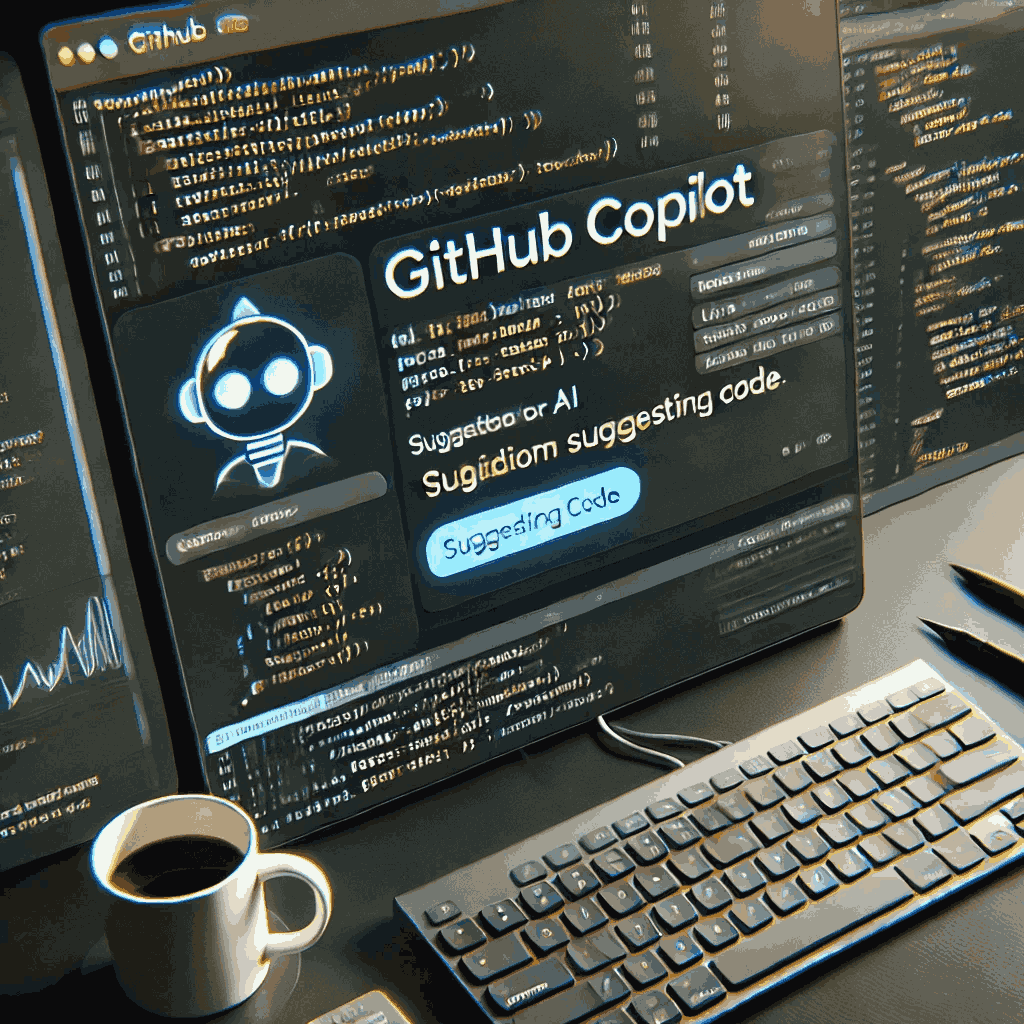
These tools not only reduce repetitive tasks but also learn from the developer’s coding style over time, offering even more relevant suggestions tailored to their preferences. As a result, developers can focus on solving more complex problems while the AI handles the mundane aspects of coding.
2. AI-Powered Testing and Quality Assurance
Testing is one of the most time-consuming phases of software development. AI-powered testing tools like Test.ai and Applitools are transforming this phase by automating test case generation, test execution, and result analysis. These tools can even predict the most critical areas to test based on code changes, ensuring a comprehensive testing process.
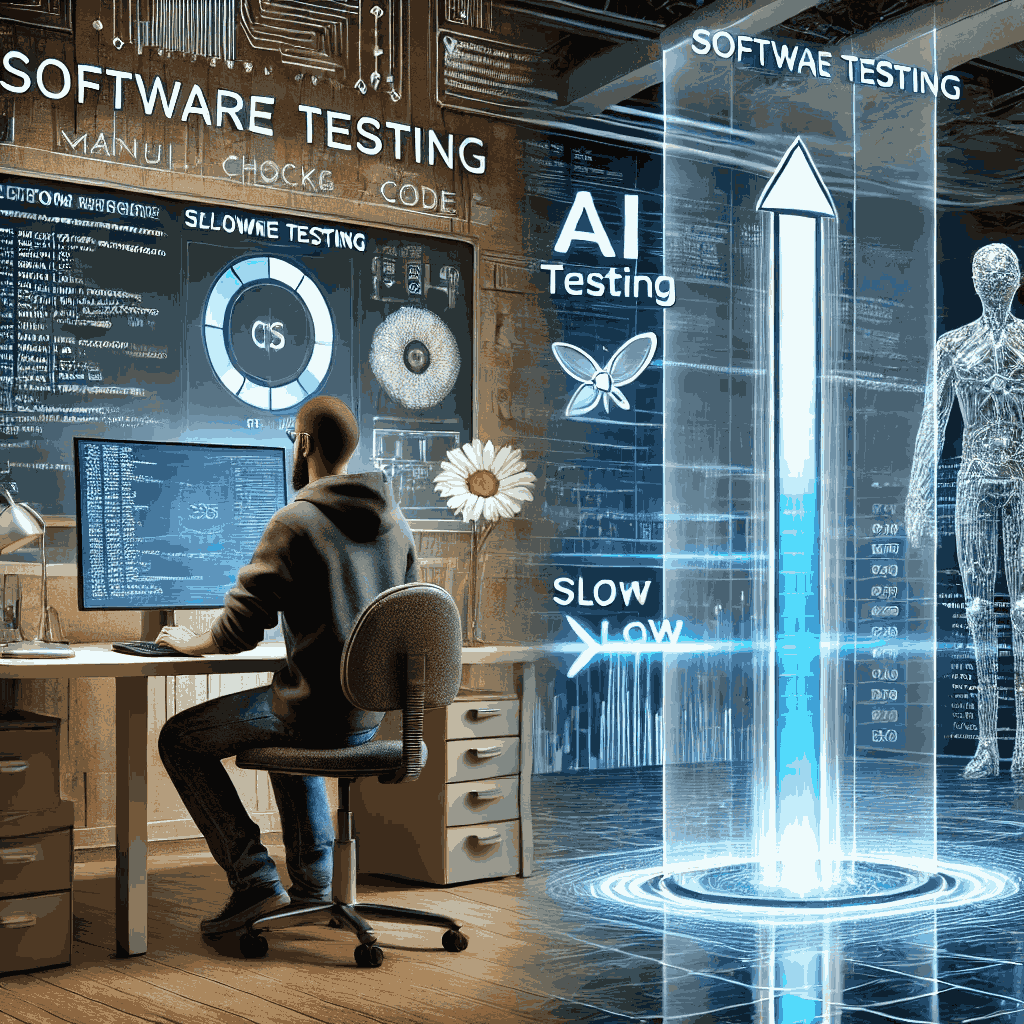
This results in faster release cycles, fewer bugs in production, and improved software quality. By automating repetitive testing tasks, developers can focus on more strategic aspects of the software development process, such as designing new features.
3. Intelligent Code Review and Maintenance
Maintaining clean and secure code is essential to the success of any software project. AI-powered code review tools like DeepCode help automate the process of analyzing code for bugs, security vulnerabilities, and code quality issues. These tools provide actionable insights that help developers improve their code before it’s deployed, preventing potential issues from affecting production environments.
Case Study: DeepCode and Swisscom
Swisscom, a leading Swiss telecommunications company, implemented DeepCode to improve the quality of its codebase. By using AI-powered code review tools, Swisscom was able to identify vulnerabilities, improve code quality, and reduce manual code reviews, saving both time and resources.
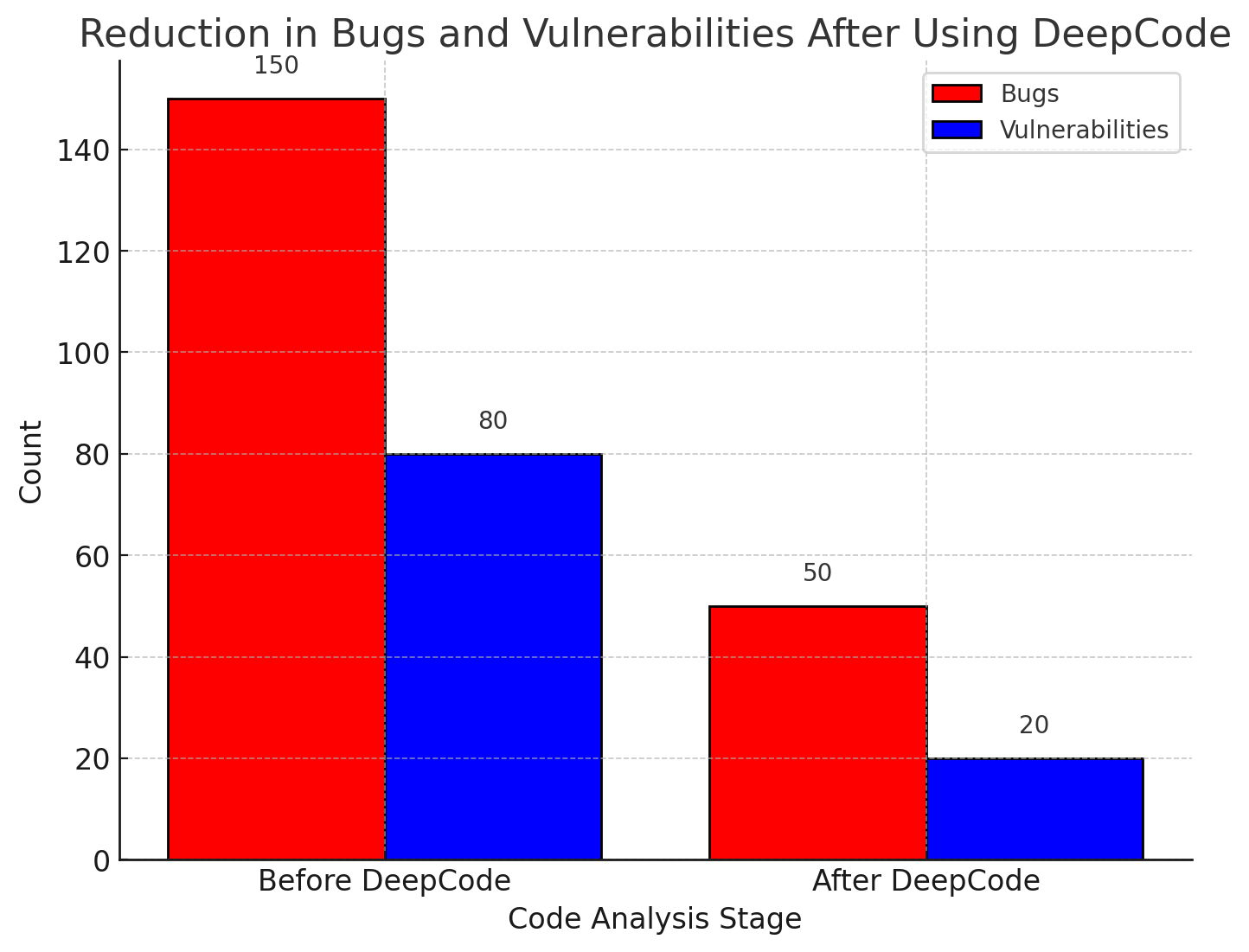
4. AI-Driven Chatbots for Developer Support
AI-driven chatbots can provide on-demand developer support by answering common questions, troubleshooting issues, and guiding developers through complex processes. These chatbots, powered by natural language processing (NLP), allow developers to find solutions quickly, without needing to consult manuals or ask colleagues for help.
Example:
DeepSeek, an AI-powered coding assistant, helps developers by providing real-time code suggestions and explanations, making it easier to understand complex code snippets and accelerate development.
The Future of AI-Powered Development Tools
AI-powered development tools are constantly evolving, and the future promises even more innovations. As AI continues to improve, we can expect the following trends:
- Increased Automation: More aspects of the software development process, such as code writing, debugging, testing, and deployment, will be automated, reducing the need for manual intervention.
- Smarter Code Analysis: AI will be able to predict and prevent potential issues based on historical data and patterns, leading to more stable software and fewer bugs in production.
- Better Collaboration: AI will facilitate better collaboration among developers by providing real-time feedback, suggestions, and collaborative tools to enhance team productivity.
- Seamless Integration: AI tools will integrate seamlessly with existing development environments, allowing developers to work without interruption and enhance their workflow.
Conclusion
AI-powered development tools are revolutionizing the future of software engineering by automating routine tasks, improving code quality, and enhancing developer productivity. By integrating AI into their development processes, companies can accelerate software delivery, reduce errors, and maintain high standards of code quality. As AI continues to evolve, the capabilities of these tools will only increase, providing developers with even more powerful resources to tackle complex challenges.
For businesses looking to stay competitive in a fast-paced market, adopting AI-powered development tools is no longer optional—it's a necessity. Embracing AI will not only enhance the efficiency of your software engineering teams but also drive innovation and shape the future of software development.
FAQs
AI-powered development tools are software applications that leverage artificial intelligence to assist developers in writing, testing, and maintaining code. These tools automate repetitive tasks, improve code quality, detect bugs, and even generate code based on input from developers.
AI-powered tools can automate time-consuming tasks such as code generation, bug detection, testing, and code review. By streamlining these processes, developers can focus on more creative and complex aspects of software development, leading to faster delivery times and more efficient workflows.
While AI-powered tools significantly enhance the development process, they are not likely to replace human developers entirely. AI excels at automating repetitive tasks and assisting with decision-making, but human developers will continue to be essential for creative problem-solving, architecture design, and higher-level tasks.
Yes, AI-powered development tools are compatible with a wide range of programming languages, including Python, Java, JavaScript, and more. Many tools are designed to support popular languages and can even adapt to a developer’s specific coding style.
